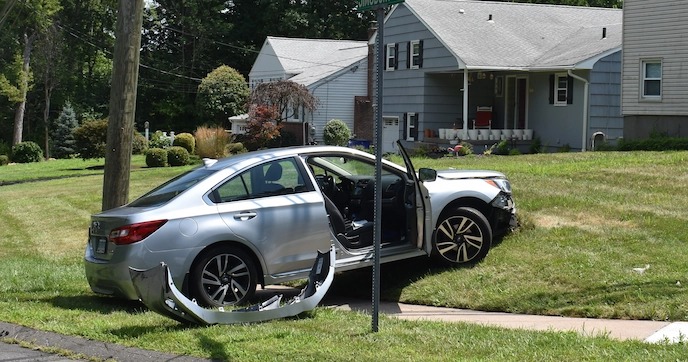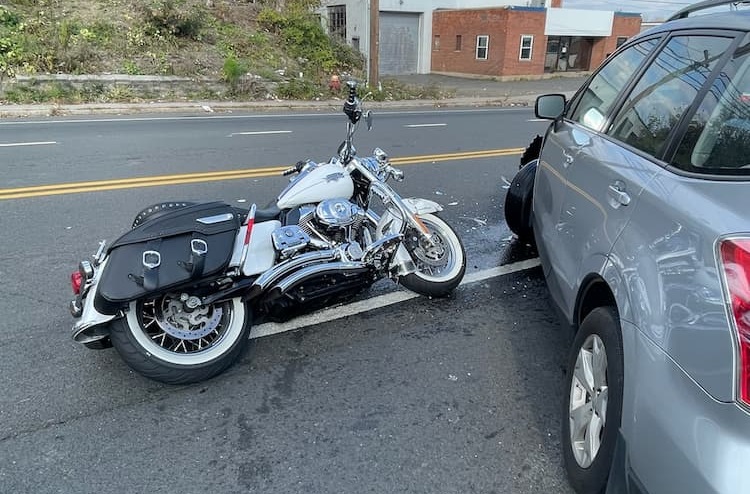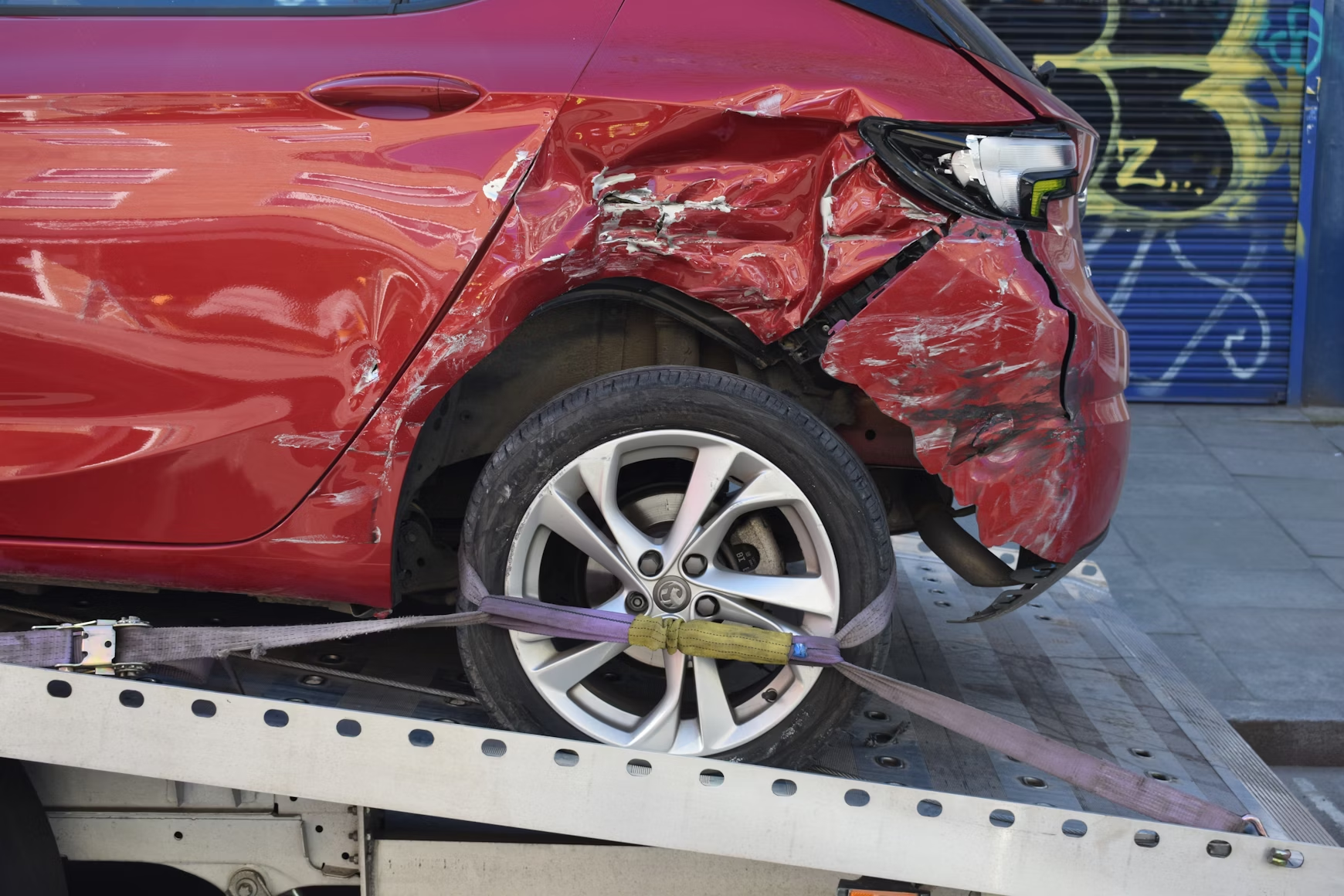
Damages in Connecticut Personal Injury Cases Explained
Today, we're talking about what damages are recoverable in a Connecticut personal injury case — and what steps you should take to prove them.
If you’ve been injured, you may be searching for answers like “What damages can I recover?” or “Do I need a Connecticut personal injury lawyer to help me?”
At Shehu Law Firm, our priority is you. We encourage you to communicate with our office with any questions about your case. You are our main focus, and we are dedicated to achieving the best possible outcome.
The following is an outline of the types of damages that are recoverable in Connecticut personal injury cases, and the kind of information we will need from you to properly document your claim. Think of these categories as a reminder and guide to help you keep track of your losses and strengthen your case for full compensation.
Categories of Recoverable Damages in Connecticut
Medical Expenses
Bills for doctors, hospital care, physical therapy, prescriptions, and medical aids (such as crutches, walkers, or special mattresses). Any medical expense with a bill should be documented and shared with your attorney.Lost Wages
The time lost from work due to recovery or medical appointments, even if you used sick days or vacation time.
Keep a diary of missed work, since employer records are not always accurate.Pain and Suffering
All physical pain and emotional distress that is part of your ordeal. Keeping a daily or weekly diary of pain levels and struggles can help your Connecticut personal injury lawyer demonstrate the impact of your injuries.Disability
A list of physical actions that are difficult or impossible for you to perform after the injury.Scarring / Disfigurement
Photographs of cuts, bruises, swelling, stitches, or bandages. These visual records serve as powerful evidence in your case.Diminished Earning Capacity
If your injury makes your job more difficult, or prevents you from working in the same way — either temporarily or permanently — you may be able to recover damages for future lost income.Loss of Enjoyment of Life's Activities
Document hobbies, sports, or family activities you can no longer do, must do less often, or cannot enjoy as before.Outside Help
If you must hire help for tasks you previously handled — such as housecleaning, yardwork, childcare, or home maintenance — keep receipts and records of payments.Loss of Consortium
If your marriage or close relationships are impacted by your injuries, this may be compensable. Loss of companionship, intimacy, and shared activities all fall under this category.
Steps to Take to Prove Your Damages
If you’re wondering how to prove damages in a Connecticut personal injury case, here are the key steps:
Step One: Write it down as it happens
Keep a diary of pain, lost activities, and missed work days. This strengthens your case.
Step Two: Provide all bills and records
Send us copies of all bills, even if they were submitted to your auto or health insurance. This includes:
- Medical treatment
- Property damage
- Prescriptions and medical aids
Step Three: Notify us of referrals
If your doctor refers you to a specialist, physical therapist, or additional testing (X-rays, MRI, etc.), let us know immediately so we can track your medical providers.
Step Four: Preserve medical appliances
Keep casts, slings, collars, crutches, or any medical devices you used. These can serve as powerful evidence in court.
Step Five: Stay in communication
We are responsible for forwarding all medical and lost-wage information to the defendant. If we fail to disclose it, we may lose the right to claim it — so keep us updated regularly.
How the Legal Process Works
Once your medical treatment is complete, we will begin negotiations with the defendant's insurance company, using the evidence you provide. If negotiations do not result in a fair settlement, Shehu Law Firm will file a lawsuit and fight for the best possible outcome.
At Shehu Law, you are our main focus. By working together — you documenting your damages and us building your case — we maximize your chances of receiving full and fair compensation for your injuries in Connecticut.
If you need help navigating your claim, contact a trusted Connecticut personal injury lawyer at Shehu Law today.




